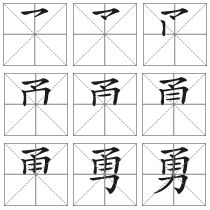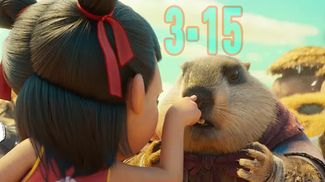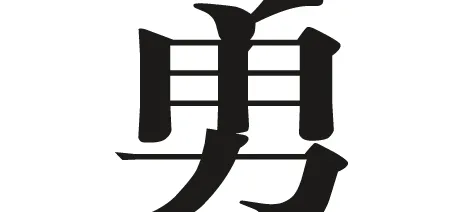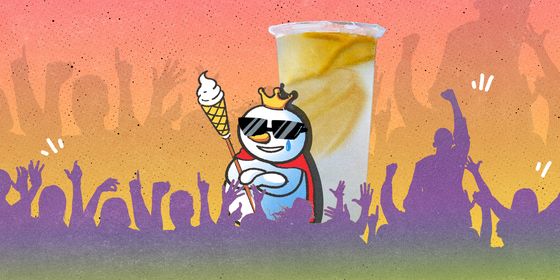Bravery. Guts. Valor. Courage. Chutzpah. Norris. Call it what you will, 勇 has got it in spades.
Guts. Warriors have them. Cowards don’t. In the eyes of the ancient Chinese, if you could gallantly wield a weapon, then you were blessed with 勇 (yǒng)—courage. What is the source of 勇, you ask? Consult with your classical Chinese dictionary and you’ll see that bravery is either the result of your heart’s resolve or your brute physical strength.
The person you summon to kill a spider, capture a mouse or perhaps unclog a toilet is the person who dons 勇 like a protective helmet. As the ancient Chinese saying goes, “知死不辟,勇也” (“Zhī sǐ bú pì, yǒng yě”)—someone with a stock of 勇 can look death straight in the eye and forge ahead despite the upmost peril. In fact, even being ambushed by an army of ten thousand is nothing for a truly courageous man (“万夫不当之勇”, “Wàn fū bú dāng zhī yǒng”). The ever wise Confucius once said, “仁者不忧,智者不惑,勇者不惧” (Rén zhě bù yōu, zhì zhě bú huò, yǒng zhě bú jù)—the charitable are not plagued with worries, the wise cannot be duped and the courageous are immune to fear.
Courage comes in a variety of armors—and words. Some individuals wear the 勇敢 (yǒnggǎn) suit to overcome their fear of danger. Others might go for the more aggressive 勇猛 (yǒngměng) design, which fuses bravery with a ferocious energy. There’s also the combo 智勇双全 (zhì yǒng shuāng quán) or 有勇有谋 (yǒu yǒng yǒu móu) breast plate for both bravery and resourcefulness. Each armor requires supplements of 勇气 (yǒngqì, nerves) to guarantee the 勇士 (yǒngshì, brave man) an ample reserve of courage.
勇 is flexible enough to be used in a variety of different ways. For example, brawn is great unless you lack the brains to channel the strength wisely, thus leading your 勇 awry and giving rise to the phrase (有勇无谋, yǒu yǒng wú móu).
It’s best for your 勇 to head in an honorable direction. For example, you should take to action when the goal is to attain a just result (“见义勇为” jiàn yì yǒng wéi), as without honorable intent, a person’s gutsy fervor can easily lead them astray.
An early Confucius quotation reflects, “君子有勇而无义为乱, 小人有勇而无义为盗” (Jūnzǐyǒu yǒng ér wú yì wéi luàn, xiǎorén yǒu yǒng ér wú yì wéi dào). In other words, a ruler who is valorous but not moral creates chaos; a commoner with courage but without a conscience commits banditry. Throughout history, in all parts of the world, someone who flaunts courage but disregards justice is bound to do wrong; someone who possesses both courage and morality, however, is destined to become a hero.
Normally, expressions that contain the character “勇” denote active progress and fierce forward momentum. But, “急流勇退” (jí liú yǒng tuì) refers to taking decisive action before the onset of a crisis. This metaphor was originally applied to officials who withdrew from their posts at the height of their careers. Today, the idiom has slightly less commendable connotations and can also be used to describe people who shy away from strife.
The character “勇” also refers to a rank-and-file soldier. During the Qing Dynasty, enlisted soldiers were dubbed “勇.” This usage persists today with expressions like “乡勇”and“散兵游勇.”“乡勇”(xiāngyǒng) designates a group of soldiers organized at the village level. “散兵游勇”(sǎn bīng yóu yǒng), which once described soldiers who had lost their commander, is now a euphemism for loners.
As you can see, 勇 is not a one trick pony. For best results, keep your wits about you, carry a heart of gold and your 勇 will take you far.
Pronunciation: yǒng 
Strokes: 9
Radical: 力
Used in the words
Have the courage to: yǒngyú 勇于
Muster one’s courage: gǔqǐ yǒngqì 鼓起勇气
Want another Character Story? Well check out the Chinese character that’s streets head.












